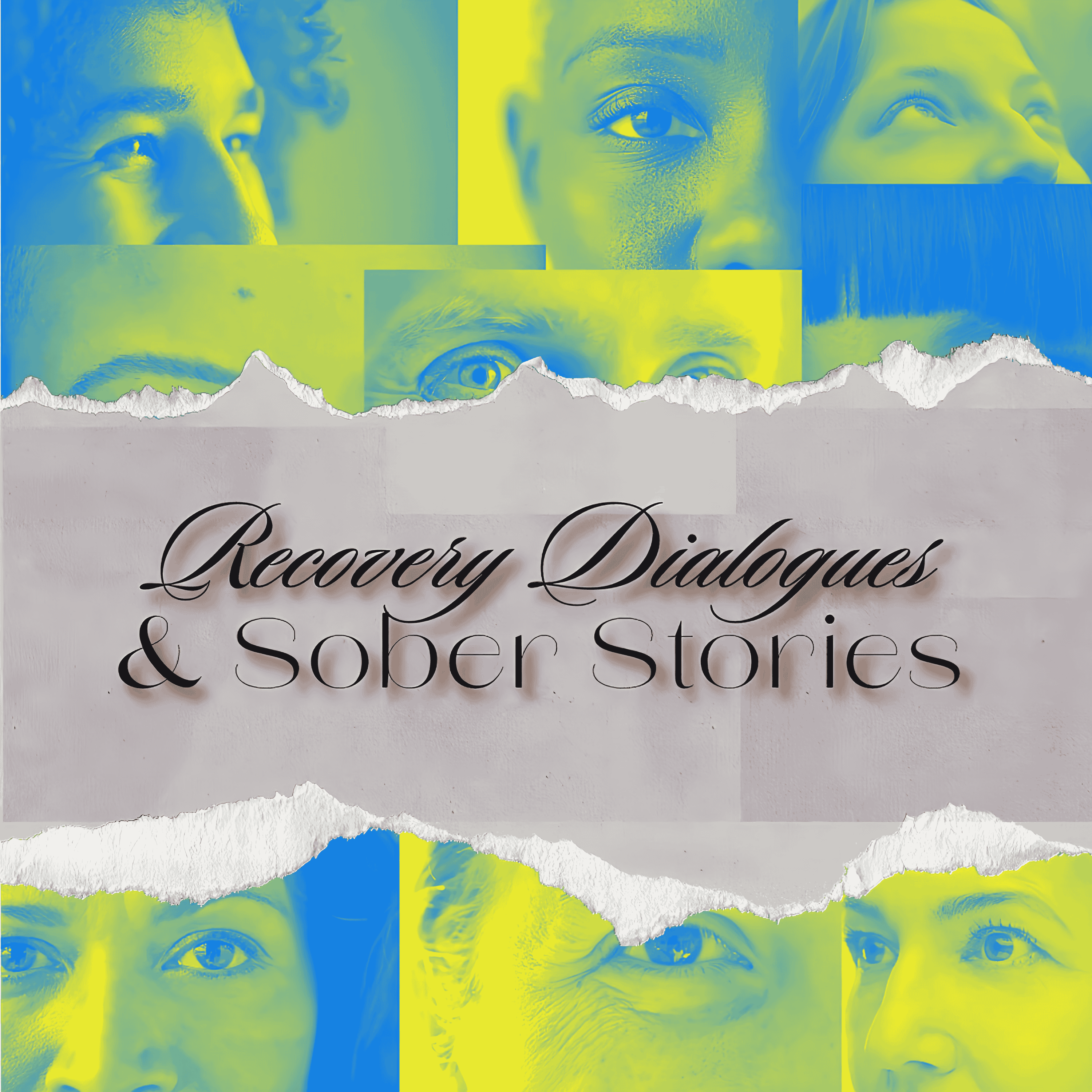

Beyond the Shadows: A Reflective Deep Dive into Trauma-Informed Recovery
Recovery Dialogues & Sober Stories
| Antonio Matta, Kimberly Wing, Kelsey Latimer, Thomas Franklin | Rating 0 (0) (0) |
| contentdonewrite.org | Launched: Oct 13, 2024 |
| antonio@contentdonewrite.org | Season: 3 Episode: 3 |
In this bonus episode, we revisit the powerful narratives and expert insights from our Season 2 episode, "The Dance of Shadows." Join us as we delve deeper into the complexities of dual diagnosis and the transformative journey of recovery.
Our guests include:
- Cynthia, a lived experience expert who bravely shares her personal journey through addiction, mental health challenges, and the path to healing.
- Kimberly Wing, a Licensed Clinical Social Worker and Chief Program Officer at People USA, sheds light on the impacts of trauma and the importance of holistic, integrated care.
- Dr. Kelsey Latimer, a psychologist, registered nurse, and Certified Eating Disorder Specialist Supervisor from KML Psychological Services, offers valuable perspectives on trauma-informed approaches.
- Dr. Thomas Franklin, a psychiatrist and psychoanalyst from MindWork Group, discusses best practices for treating co-occurring disorders.
Through their collective wisdom, we explore themes such as the non-linear nature of recovery, the neurobiological connections between trauma and addiction, and the vital role of validation and empathy in treatment. Whether you're on your own recovery journey, supporting a loved one, or seeking to understand the intricate dance of mental health and addiction, this episode offers profound insights and hope.
Don't miss this opportunity to deepen your understanding and be inspired by stories of resilience and transformation.
Support the show by donating to our GoFundMe campaign or contact us to discuss sponsorship for the new season.
SUBSCRIBE
Episode Chapters

In this bonus episode, we revisit the powerful narratives and expert insights from our Season 2 episode, "The Dance of Shadows." Join us as we delve deeper into the complexities of dual diagnosis and the transformative journey of recovery.
Our guests include:
- Cynthia, a lived experience expert who bravely shares her personal journey through addiction, mental health challenges, and the path to healing.
- Kimberly Wing, a Licensed Clinical Social Worker and Chief Program Officer at People USA, sheds light on the impacts of trauma and the importance of holistic, integrated care.
- Dr. Kelsey Latimer, a psychologist, registered nurse, and Certified Eating Disorder Specialist Supervisor from KML Psychological Services, offers valuable perspectives on trauma-informed approaches.
- Dr. Thomas Franklin, a psychiatrist and psychoanalyst from MindWork Group, discusses best practices for treating co-occurring disorders.
Through their collective wisdom, we explore themes such as the non-linear nature of recovery, the neurobiological connections between trauma and addiction, and the vital role of validation and empathy in treatment. Whether you're on your own recovery journey, supporting a loved one, or seeking to understand the intricate dance of mental health and addiction, this episode offers profound insights and hope.
Don't miss this opportunity to deepen your understanding and be inspired by stories of resilience and transformation.
Support the show by donating to our GoFundMe campaign or contact us to discuss sponsorship for the new season.
In this bonus episode, we revisit the powerful narratives and expert insights from our Season 2 episode, "The Dance of Shadows." Join us as we delve deeper into the complexities of dual diagnosis and the transformative journey of recovery.
Our guests include:
- Cynthia, a lived experience expert who bravely shares her personal journey through addiction, mental health challenges, and the path to healing.
- Kimberly Wing, a Licensed Clinical Social Worker and Chief Program Officer at People USA, sheds light on the impacts of trauma and the importance of holistic, integrated care.
- Dr. Kelsey Latimer, a psychologist, registered nurse, and Certified Eating Disorder Specialist Supervisor from KML Psychological Services, offers valuable perspectives on trauma-informed approaches.
- Dr. Thomas Franklin, a psychiatrist and psychoanalyst from MindWork Group, discusses best practices for treating co-occurring disorders.
Through their collective wisdom, we explore themes such as the non-linear nature of recovery, the neurobiological connections between trauma and addiction, and the vital role of validation and empathy in treatment. Whether you're on your own recovery journey, supporting a loved one, or seeking to understand the intricate dance of mental health and addiction, this episode offers profound insights and hope.
Don't miss this opportunity to deepen your understanding and be inspired by stories of resilience and transformation.
Support the show by donating to our GoFundMe campaign or contact us to discuss sponsorship for the new season.




